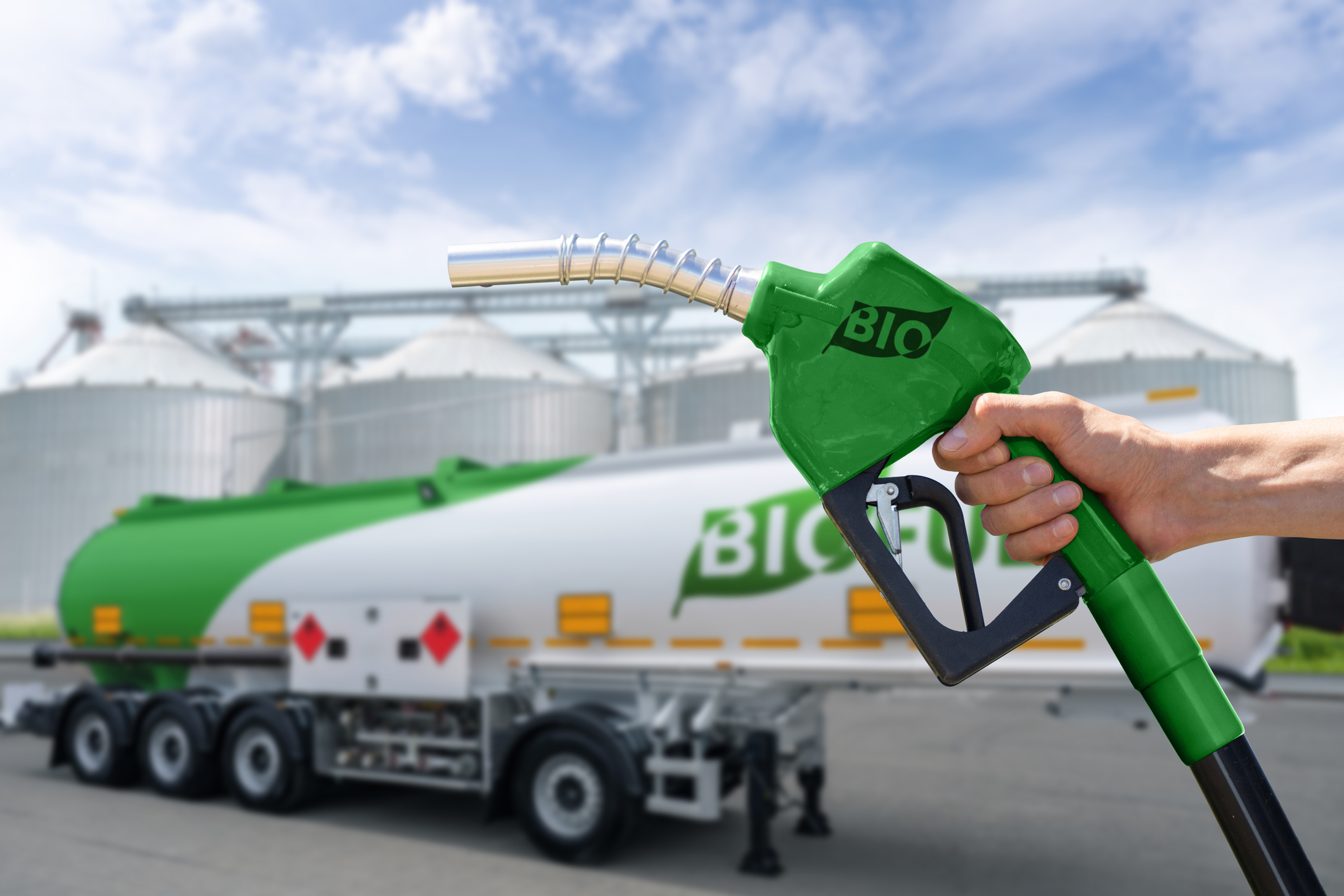The Future of Fleet Management: What to Expect in 2025
As 2024 draws to a close, it’s time to begin thinking about how fleets can get prepared for the year ahead. There are several challenges and opportunities fleet managers are facing, including anticipated growth in electric vehicles and increased use of predictive data for determining operations.
It’s vital to be prepared for these changes; that’s why in this blog, we’ll be discussing the top trends, challenges, and opportunities within fleet management ahead of 2025. Continue reading to learn more about these topics and see how our fuel management systems can assist in the maintenance of an efficient fleet.
The Threat of Cyberattacks
Unfortunately, the threat of cyberattacks on fleets is something that is expected to continue and grow in 2025. This is already an issue that drastically impacts this industry, and with even more fleets embracing digital technologies, we expect it to continue as cyber criminals adapt and evolve their methods.
Cyberattacks can present themselves in a variety of forms, such as data breaches on important information like route plans and driver details. Cyberattacks influence the overall running of a fleet, causing delays, customer dissatisfaction, and reputation damage. In 2025, all fleet managers should have strong cybersecurity measures in place to avoid these threats. Be sure to protect your fleet management system with encryption and to train staff on potential phishing attacks.
Growth in Predictive Data
A trend that is anticipated to grow within fleet management in 2025 is the use of predictive data and analytics, particularly when it comes to route planning and efficiency. Predictive data can help fleet managers to understand where potential problems may arise, identify their root cause, and consequently make changes to prevent these from occurring.
Data collected from GPS, vehicle cameras, and other CCTV can assist in route optimisation, reducing costs and time later. For example, if data shows that certain areas of a route get hit by traffic at a certain time or day of the week, then fleet managers can adjust to save their drivers from sitting in traffic. This helps with planning route breaks, too, as driver distraction is one of the leading causes of preventable accidents on the roads. This is also aided by fuel monitoring systems, which are particularly useful in creating more fuel-efficient routes that will save your business more money.
Electric Vehicles
It’s impossible to ignore the growing trend of electric vehicles in both the domestic and commercial vehicle industries. These vehicles offer a more environmentally friendly driving solution and can be cost-effective in the long term. With more manufacturers offering electric alternatives to their vehicles and an increase in charging points across major routes, electric vehicles have significant benefits for adopting a more sustainable fleet.
However, there are some disadvantages to electric vehicles that fleet managers should consider before making the switch. For instance, the initial costs of switching an entire fleet to electric vehicles can be extremely high despite the long-term savings. Moreover, these vehicles struggle to travel long distances on just one charge, creating obstacles when route planning long-haul deliveries. If you’re looking to decrease your fleet’s impact on the environment for 2025 without transforming from diesel to electric, then sustainable fuels are a great alternative solution. These fuels, in combination with fuel monitoring systems, can help reduce carbon emissions and improve fuel efficiency.
Sustainable Fuels
As mentioned earlier, sustainable fuels are becoming increasingly popular within fleets that wish to cut down on carbon emissions without the cost of switching to electric vehicles. Fuels such as HVO are set to become more commonly used in vehicles due to their ability to work in existing diesel engines. These fuels have lower levels of pollutants, meaning they have less of an impact on air quality and even cause less wear on your vehicle’s engine.
Some fleet managers are discouraged by the higher cost and lower availability of sustainable fuels, but introducing an onsite fuel management system can help combat this problem. Moreover, there are lower initial costs associated with sustainable fuels as they can be easily integrated to vehicles with diesel engines, rather than transforming an entire fleet to EVs. Improving sustainability is a goal that every fleet should aspire to in 2025, as this not only has effects on the world around us but also on a business’s standing and reputation.
Preparing for 2025 with Fueltek
We have outlined some of the major opportunities and challenges that fleets are likely to be faced with in 2025. It is vital to be aware of these changes and implement steps that can help them be dealt with. Our fuel management systems can play an important role in improving the efficiency of fleets in 2025 with features such as real-time monitoring and helpful data. We hope to continue helping fleets become better equipped to prevent problems and improve the overall productivity of their operations. For more information about the solutions we offer, please do not hesitate to contact us.












